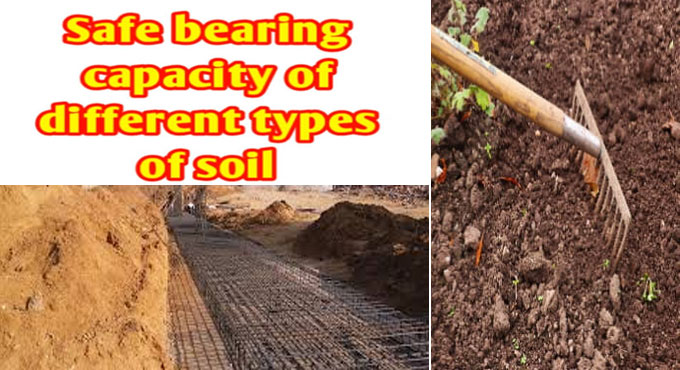
A Discussion on the Importance Bearing Capacity of Soil

Soil plays an important role when pouring footing. Footing helps in spreading the weight of the house and allows the soil to carry the load. At a 45-degree angle the load spreads out within the footing. It then spreads out at a steeper angle in the soil, around 60-degrees from the horizontal.
When the load under the footing gradually spreads out, the pressure on the soil decreases. It is important to compact the soil as it takes the maximum load under the footing. Due to the spreading of the load, the pressure on the soil beneath the footing is the greatest.
If we go down the width equal to the footing width the unit of pressure on the soil drops by around half. If you go down further the same distance the pressure on the soil drops again by two-thirds. Therefore, the soil under the footing is the most crucial as it is the portion receiving the maximum load.
During excavation of footings, the teeth of the bucket stir up the soil and add air into it thereby reducing its density. Along with it, there is also the risk of soil falling from the embankment into the trench. Loose soil has much less bearing capacity than original soil.
Which is why compacting the trench bottom is extremely important. For sand and gravel soil use a vibrating plate compactor, for silt and clay use a jumping jack compactor. Lack of compacting of soil could lead to ? inch of settlement in just 6 inches of soil.
If you replace the soil to recover the grade and dig the soil too deep for it you will in return ad back soil which has expanded as much as 50%. Owing to the load it will reconsolidate and cause settling. Therefore, if you want to replace material in the trench make sure to compact it thoroughly or use large gravel. Gravel with an inch and a half or more size is virtually self-compacting as you place it. Under the weight of a wood house it will not settle to any significant degree.
PROPERTIES OF SOIL AND BEARING
The list of presumed bearing strengths for different types of soils is listed by The International Building Code. Course granular soils such as sand and gravels have a higher capacity than very fine soils such as clays and silts. However, some clays and silts which are denser might have higher capacity than what is listed.
HOW TO DETERMINE BEARING CAPACITY ON SITE
Use a penetrometer to check soil density in a footing trench. It is by the bearing capacity of the soil that you can determine whether shallow foundation is required or deep foundation.
Soil strength right under the footing is important for foundation performance. The pocket-sized hand penetrometer is a spring loaded probe that estimates the pressure the soil can resist and provides readings in tons per square foot. Owning a penetrometer is important for every builder as using this device a number of problems can be avoided.


